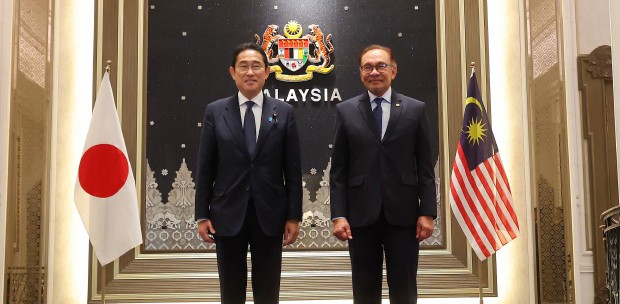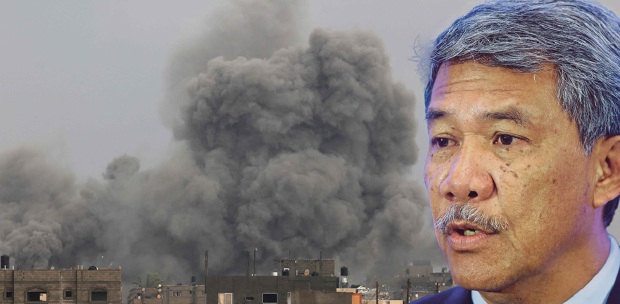The current fighting between Israel and Palestine is the latest in a long series of tensions which erupt occasionally into all-out wars. Amid the predictable world-wide recriminations, the conflict is still no closer to resolution since the creation of Israel just after World War 2.
The United Nations Security Council attained rare unanimity in 1967 with Resolution 242 calling for "a just and lasting peace in the Middle East" and the right of every state there "to live in peace within secure and recognised boundaries free from threats or acts of force".
Instead of helping to forge peace in the Middle East, the resolution achieved anything but. And why so? Each time Israel comes under attack, it would assert its right to peace "within secure and recognised boundaries" and, therefore, the right to retaliate.
But, the problem is Israel is not universally recognised and that may remain so unless the caveat about a "just peace" is attained for a Palestinian state as well.
This central conundrum comes to a fiery head again as Hamas launched a sudden attack inside Israel earlier in the month just as it looked like Israel may be making its most significant headway yet on the recognition front — from Saudi Arabia, with a critical push from the United States.
Whatever the diplomatic or geopolitical undercurrents at play, there is no denying that things have been inexorably going from bad to worse on all fronts in both Gaza and the West Bank, the incontiguous territories that were supposed to be part of a Palestinian state.
It is this grave injustice that has been gnawing at the international conscience and serves as a potent wedge against the West as a force for global good and a godsend for the likes of Russian President Vladimir Putin to hammer mercilessly against Western hypocrisy.
That hypocrisy is, of course, self-inflicted and had its genesis in the United Kingdom moving, almost willy-nilly, to realise the dream of Zionists to create Israel as far back as World War 1.
It prompted a delayed reflex back at the UN again when the General Assembly adopted Resolution 3379 in 1975 to denounce Zionism as "a form of racism and racial discrimination, on a par with South Africa's Apartheid".
But, as international disapproval eventually led South Africa's apartheid-era rulers to see light and sue for peace with its Black majority, Israel sunk into political dysfunction in recent years, which enabled a discredited and now widely reviled Benjamin Netanyahu to cling to power through an alliance of convenience with extreme right-wing political elements that like nothing better than to push already marginalised Palestinians further to the edge.
So, how do we move forward from such an impasse and break the cycle of more extreme Palestinian elements violently lashing out and receiving violent Israeli retribution in return?
The signs are mostly pessimistic to outright negative. The UN is supposedly the arbiter of international conflicts but we know that it is riven with divisions as to make it powerless.
There is little appetite for summoning the collective political will needed to effect long overdue UN reforms.
The US, as the dominant superpower after WW2, was, until recent times, counted upon to be able to do the decent thing by balancing its support for Israel as an ally with pushing for a credible peace with the Palestinians.
No longer. It is now distracted at home with political paralysis, and abroad with the war in Ukraine but principally with how best to contain a rising China.
WW2 was the crucible out of which the US emerged as the superpower taking over from the imperial UK. Is a rough equivalent pivot in history now in play? Many eyes will be on Beijing to see how China moves, or not.
* The writer views developments in the nation, region and wider world from his vantage point in Kuching






